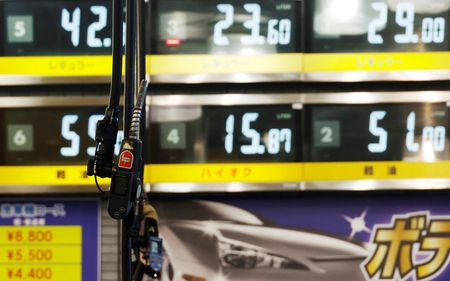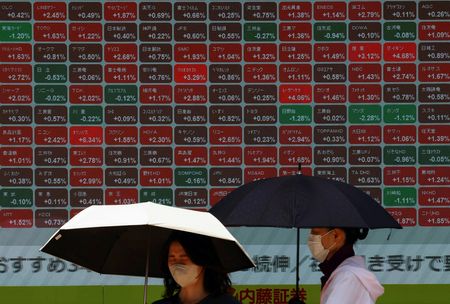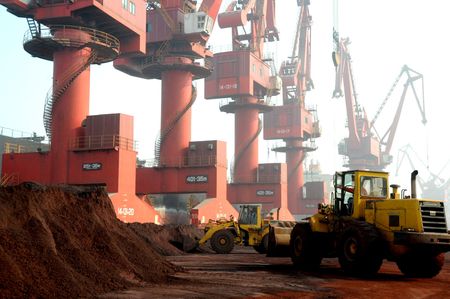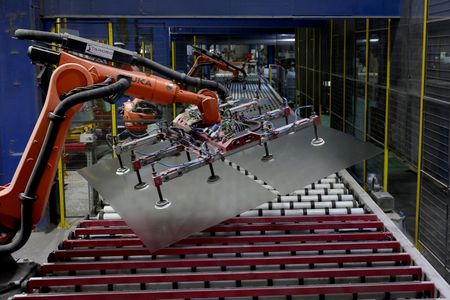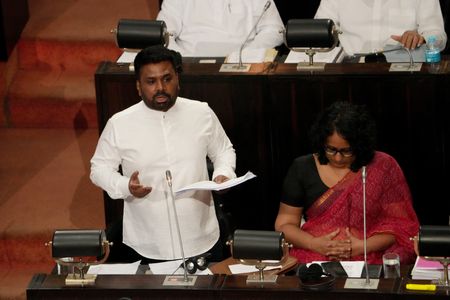TOKYO (Reuters) -Japan’s industry ministry said on Friday it will temporarily raise gasoline and diesel subsidies from next week in an attempt to smooth the impact of planned tax cuts on the fuels.
The country’s ruling and opposition parties agreed this week to scrap the gasoline levy by December 31 and the tax on diesel by April 1 next year to ease the burden on households.
By temporarily raising subsidies on gasoline and diesel, the government hopes consumers will not be tempted to delay purchases before the tax cuts are implemented.
The move should also mean Japan avoids long queues at gas stations if there is a sharp overnight drop in prices.
While referred to as provisional, the tax on gasoline and diesel has been in place since the 1970s, when it was introduced as a temporary step to fund road building and maintenance.
The tax currently adds 25.1 yen ($0.17) per litre to the base rate of 28.7 yen on gasoline and 17.1 yen to the base rate of 15.0 yen on diesel.
As part of efforts to ease the pain of rising inflation on households, Japan’s government currently provides subsidies of 10 yen per litre for gasoline and diesel.
These will rise to 15 yen on November 13, 20 yen for gasoline and 17.1 yen for diesel on November 27 and to 25.1 yen for gasoline and 17.1 yen for diesel on December 11.
The subsidies will end when the fuel taxes are abolished.
While lower prices could spur demand, a ministry official said Japan’s gasoline consumption has been falling by more than 2% annually due to population decline and the wider use of hybrid vehicles, making a rebound unlikely.
($1 = 150.7800 yen)
(Reporting by Yuka Obayashi; Editing by Alexander Smith)

